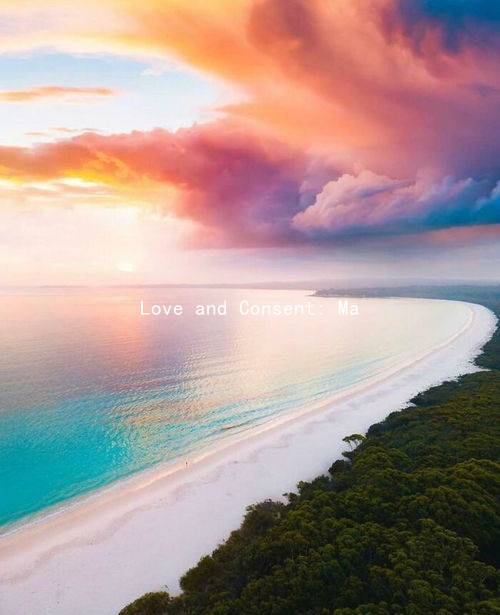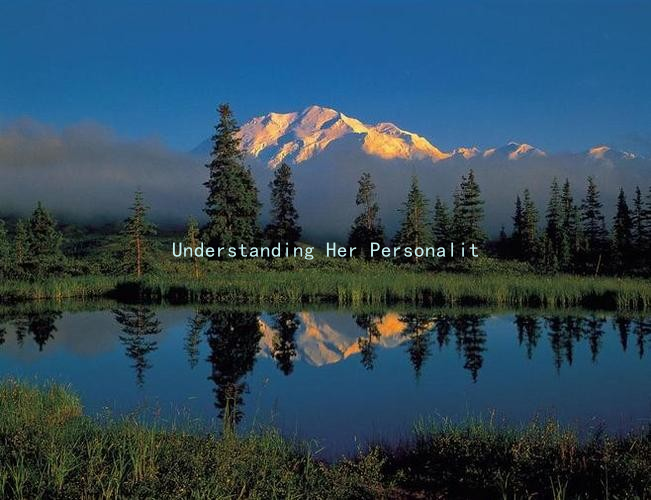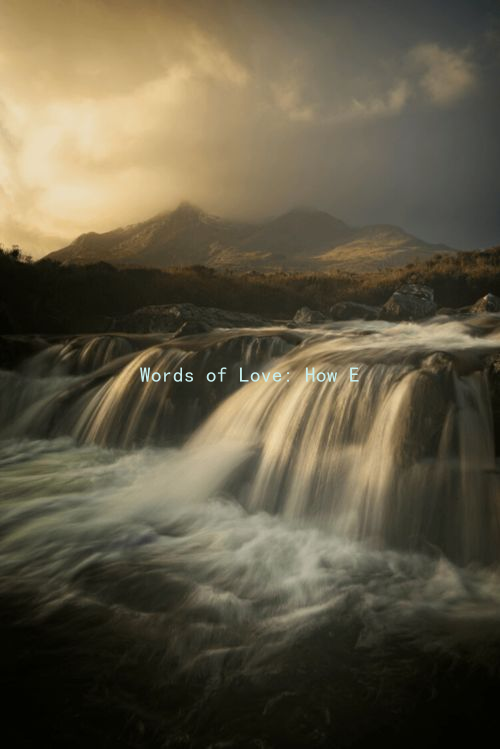Love and Consent: Mastering the Art of Ethical Relationships in the 21st Century
In recent years, the dynamics of relationships have evolved significantly, influenced by cultural shifts, technological advancements, and changing societal norms. As we navigate the complexities of love and intimacy in the 21st century, mastering the art of ethical relationships—rooted in love and consent—has never been more critical.
At the heart of any romantic relationship lies the fundamental principle of consent. Consent is not merely the absence of a no; rather, it entails an enthusiastic and informed yes. Its essential to recognize that consent is dynamic and can change throughout the course of a relationship. Therefore, open communication is crucial. Partners should feel safe discussing their feelings, boundaries, and desires. Establishing a practice of checking in—asking questions like How do you feel about this? or What do you want?—can help create an atmosphere of trust and respect.
Moreover, the rise of dating apps and online platforms has transformed how individuals meet and interact. While these platforms offer unprecedented opportunities to find love, they also come with their own set of challenges. Navigating the nuances of online communication requires a heightened level of discernment. Misinterpretations can occur easily through text-based conversations, so it’s essential to express intentions clearly and avoid ambiguity. Phrases such as “I’m looking for something meaningful” or “I really enjoy our conversations” can set the tone for a sincere interaction.
As we engage in modern dating practices, its imperative to confront the concept of emotional availability. Many individuals come to relationships with past experiences that shape their readiness for new connections. Being aware of one’s emotional state—and willing to share it with potential partners—fosters deeper connections. When both partners are emotionally prepared and honest about their feelings, the likelihood of developing a healthy relationship increases dramatically.

Another crucial aspect of ethical relationships is the recognition and respect of individuality. While partnerships thrive on mutual dependency, they should also allow each partner to maintain their independence. Supporting each other’s interests and personal growth is essential. Phrases like “I’m proud of you for following your passion” or “I understand why you need some space” can reinforce the bond while affirming each person’s individuality. This balance of togetherness and independence nurtures a flourishing relationship.
Additionally, navigating conflict respectfully is a vital skill in any relationship. Disagreements are inevitable; however, handling them thoughtfully can strengthen a bond. Approaching conflicts with an aim to understand rather than to win creates a constructive dialogue. Using I statements, such as I felt hurt when… rather than You always… reduces defensiveness and encourages empathy. This approach fosters a compassionate environment that can lead to resolutions that honor both partners feelings and needs.
Lastly, as society continues to evolve, it’s essential to engage in self-reflection regularly. Understanding one’s values, desires, and relationship goals helps individuals define what they seek in a partner and a relationship. Building a strong sense of self enables individuals to enter relationships from a position of strength, reducing the likelihood of unhealthy dependencies or unrealistic expectations.
Mastering the art of ethical relationships in the 21st century requires a concerted effort toward love, respect, and consent. By prioritizing open communication, emotional availability, individuality, conflict resolution, and self-awareness, individuals can cultivate meaningful connections that thrive on mutual respect and understanding. Ultimately, ethical relationships pave the way for authentic love, enriching the lives of both partners while contributing positively to the broader community.





